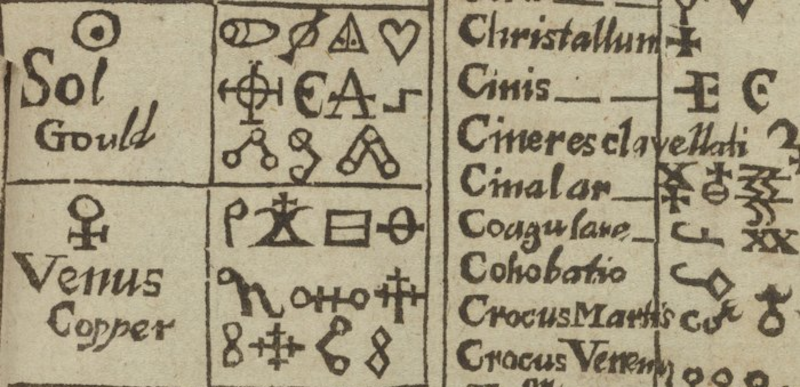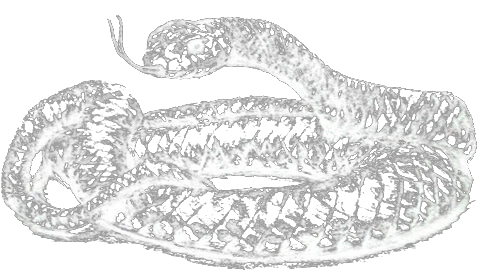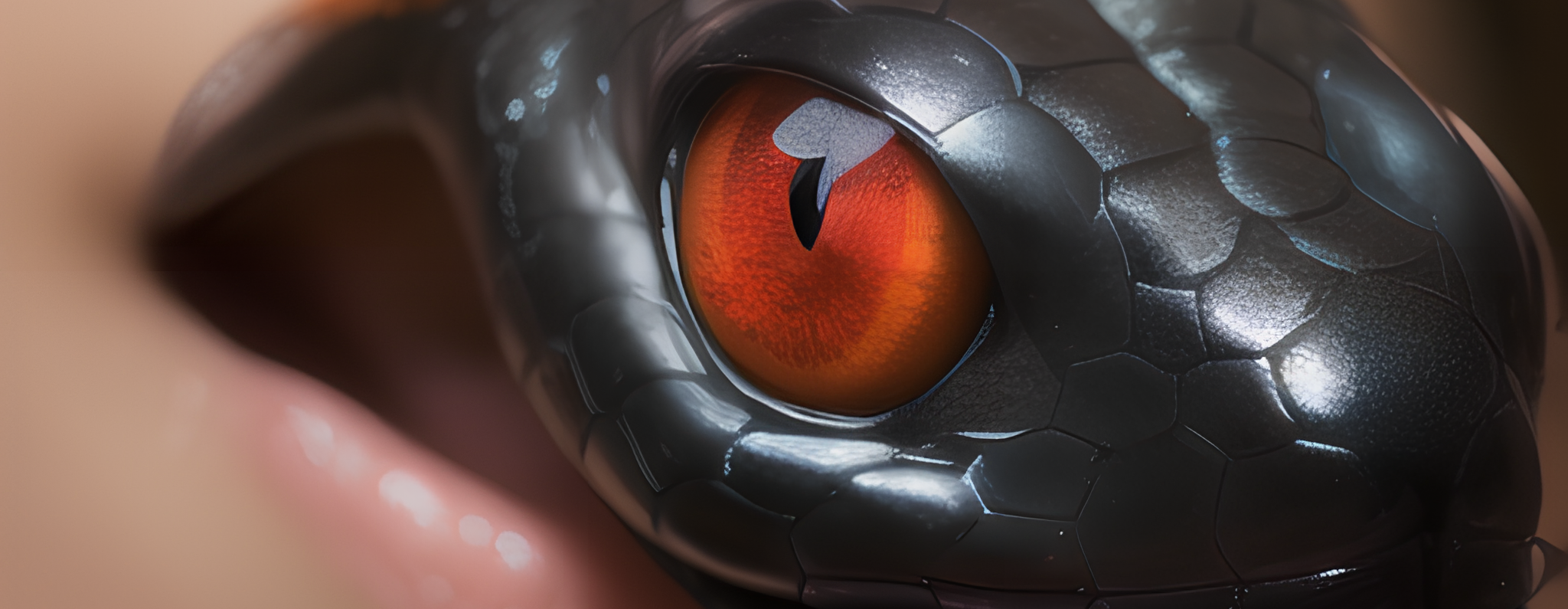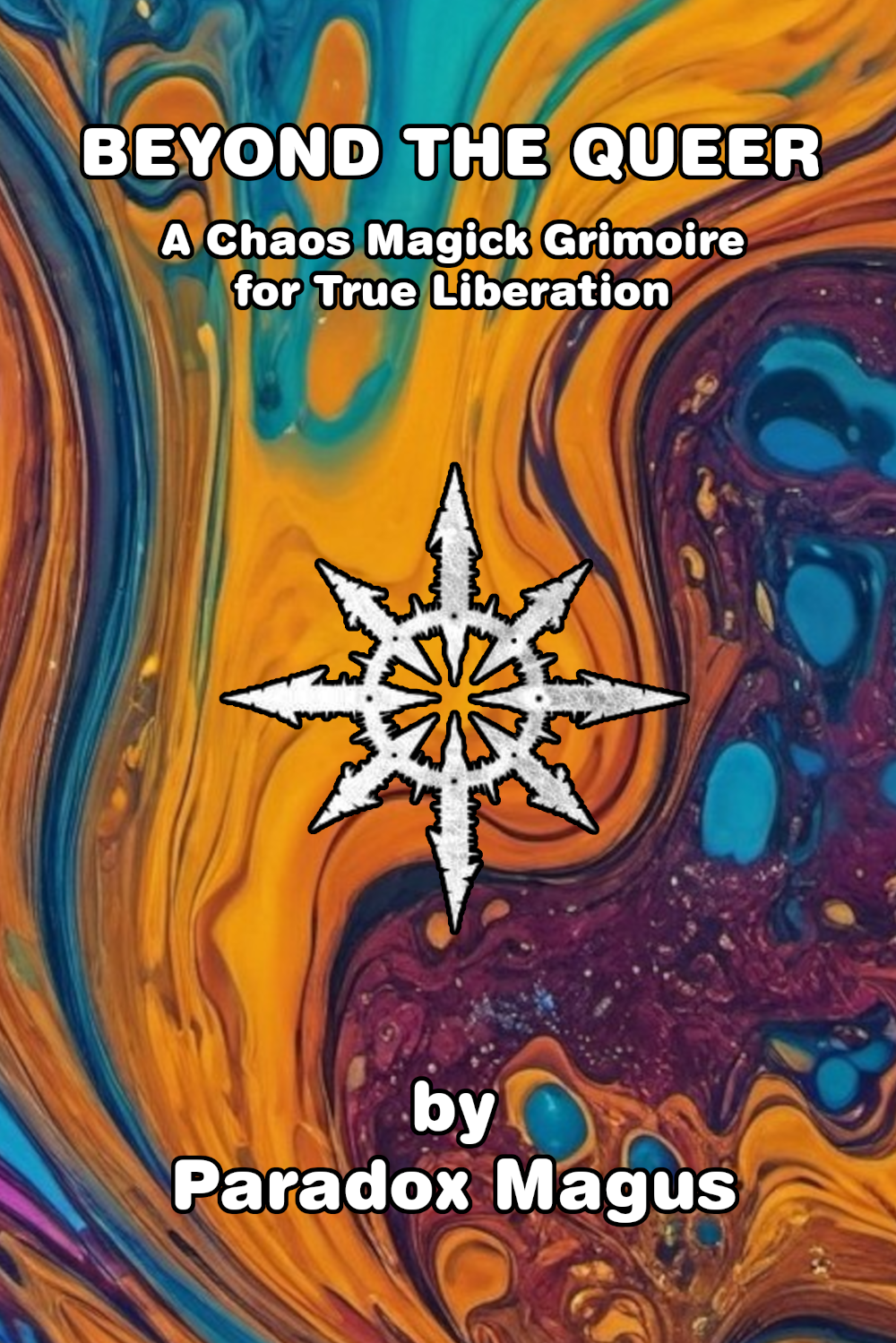
As we journey along the initiatory path, we develop a unique relationship with that we perceive as "truth".
Ideally, upon traversing the first initiation, known as "Chapel Perilous", as pointed out by Robert Anton Wilson, we emerge ensconced in a radical, all-questioning skepticism. We learn to navigate the astral realm with ease. This dimension breaches into our mundane existence, engulfing us, and amidst the ensuing confusion, we discover that a reality devoid of rigid laws is not as daunting as anticipated. This approach serves to alleviate, and perhaps even eliminate, the oppressive weight of the astral plane. Its emergence compels us to weave countless narratives in an attempt to comprehend the reality we once thought we understood.
Equipped with this skepticism, we are better prepared to navigate the astral triangle within the Kabbalistic Tree of Life, encompassing the three sefirot: Yesod, Hod, and Netzach. Without the experiences and attitudes acquired through Chapel Perilous, confronting the kaleidoscope of illusions within these realms poses a significant risk.
It`s all too easy to become ensnared in the astral realm, where all forms appear conceivable, and we might mistake a Mermaid for an Angel. Within this domain, one encounters a plethora of astral entities, some of whom may eagerly masquerade as the "Holy Guardian Angel" envisioned by Abraham of Worms and sought after by Western ceremonial magicians, potentially leading us astray. Thankfully, our radical skepticism serves as a safeguard, helping us to discern our true objectives, such as when we encounter the Serpent of power, known in Jungian terms as the "anima/animus". Having faced the tumultuous astral currents of Chapel Perilous and caught a glimpse of our Angel there, it becomes easier to recognize the Serpent as our sought-after power, even if the Unconscious manifests it as the "anima/animus" rather than as the "shadow".

But although first impressions are often dazzling, careful perception reveals details that are hard to observe when there is too much light.
Dion Fortune, in her work "The Mystical Qabalah", discusses this aspect in relation to the Knowledge and Conversation, portraying the Angel as the "Higher Self" and emphasizing the emergence of "formless intuitions" devoid of astral forms:
"It is the prime characteristic of this higher mode of mentation that it consists neither in voices nor visions, but is pure consciousness; it is an intensification of awareness, and from this quickening of the mind comes a peculiar power of insight and penetration which is of the nature of hyper-developed intuition. The higher consciousness is never psychic, but always intuitive, containing no sensory imagery. It is this absence of sensory imagery which tells the experienced initiate that he is on the level of the higher consciousness."
On the other hand, good old Plotinus, who in the third century A.D., called Intelligence, Nous or second divine hypostasis that which nowadays we associate with the Knowledge and Conversation in ceremonial magic, also believed it to be closely connected to a faculty he called the "intuitive mind", distinct from the usual "discursive mind". Through this faculty Plotinus apprehended the World of Ideas as envisioned by his esteemed Plato; the intuitive mind had the capacity to grasp the essence of things.
While the discursive mind uses language to construct narratives a series of more or less solid perceptions, the intuitive mind is capable of apprehending the essence of things without any mediation whatsoever. Like a predator capturing its prey, the intuitive mind seizes truth, whereas the discursive mind processes and interprets its findings as if cooking its captured prey. The discursive mind doesn`t perceive these patterns. It can polish the known, it can offer different interpretations, but it cannot discern archetypes.
Thus, although at first we might have the impression that we had come to speak of "Truth", analysis reveals that we have instead awakened a faculty that allows us to grasp the archetypes that structure and define reality.
When we use the Tarot, we rely on the randomness of the cards to present us with a cohesive array of symbols, allowing us to glean insights from the underlying archetypal dimension governing a situation, and thus making it predictable. With the awakening of the intuitive mind during the Knowledge and Conversation, we can directly apprehend these archetypes. The first archetype we grasp is often the one governing our personal being, which is why we often talk about finding out the "True Will" as a natural outcome of this second Initiation, even though this will cannot truly be "known", for it can only be "done". But it is also to the extent that we know ourselves that we will be able to grasp the archetypes that govern everything else.

More and more, my Voice will become indistinguishable from yours.
I am the Power and the Truth that dwells within.
It is interesting to consider that while the initiatory journey is often conceived of as a ladder on which one "ascends", we might consider it as a journey towards a more intimate relationship with reality, which is brought even closer by our access to the archetypal. It is also remarkable how this idea stands in opposition to idealistic fantasies that mistake initiation for escapism.
It doesn`t take you out of the world. It doesn`t nullify you. On the contrary, fight! Conquer!
Now, the lessons from that deeper Self we call the Holy Guardian Angel and this whole encounter with "Truth" do not take place in a testing tube, and they have their consequences in daily life. For one discovers that, from then on, all truly useful learning will come from the Angel. There is no master, no external authority. All of them acquire absolute irrelevance. Abraham of Worms already noted in "The Sacred Magic of Abramelin", that one can learn from others the techniques that will enable one to achieve Knowledge and Conversation, but the True Magic will be learned from one`s Holy Guardian Angel and from no other.
From this perspective, it turns out that an event that seemed to oppose the radical skepticism by which we faced Chapel Perilous is actually going even deeper in the same direction. As a consequence of the Knowledge and Conversation, any previous perspective in which authority and understanding were supposed to be found on the outside is devalued. In the first Initiation, this happened because outer reality was littered with infinite mutable narratives struggling to become untruthfully solid. We had previously taken them as final realities, but they were nothing more than interpretations that we could learn to use to modify reality ourselves. After the second initiation, which is the Knowledge and Conversation, we look still further inwards, for in our depths we find the archetypal dimension.
The source of knowledge that involves accessing this intuitive dimension within renders all that we obtain from external sources irrelevant in comparison.
To be more specific, although we can compare notes and take interest in the discourse of others who share our experience (and personally, I enjoy reading true adepts such as Dion Fortune and Aleister Crowley), even those more advanced than us are no longer genuine sources of knowledge. There is no sacred text; they are all trivial entertainments when compared to the wisdom that arises from within.
In my personal experience, this extends to the point that if I am in a normal state of consciousness, as I am most of the time, and I have doubts about the initiatory process, I refer to the notes from my conversations with what conventionally I call "my Angel". My "sacred texts" are the records of such communications, which I fortunately thoroughly document. There is nothing else — no Bible, no guru, no established tradition, no sacred book that even comes close.
Certainly, I may be interested in comparing my notes, but nothing rivals that inner connection where one does not process words but instead rests in a deep emotional calm, merging within the archetypal dimension with those things one seeks to understand.

"Masters" do not suffice, there is only one Master and you have to let him pass, you just have to let him pass.
This also implies another inescapable consequence, which will prove more difficult for some than for others, and that is the tendency to isolate oneself. A certain detachment from the world, which was already present and necessary to achieve the mental silence conducive to the Knowledge and Conversation, is coupled with the fact that this relationship with the "Inner Self" devalues the relationship with others as far as the acquisition of "truth" is concerned.
This isn`t something that happens on an emotional level, where it may rather have the opposite effect. But it does happen, and it has profound consequences, in that we cannot share with anyone that very intimate link to our innermost core, to that dimension in which we can see which archetypes run through us and explain reality.
It is remarkable that, as opposed to a scholasticism that would seek mystical knowledge of a discursive nature, the way we can approach the archetypal dimension that structures the diversity of forms that populate reality is by looking inward.
But at the same time, the lessons taught by the first initiation about the fickleness of interpretations of reality are still relevant. Access to the archetypal level of reality does not obscure that other level where we make a narrative interpretation of the events that occur in external reality, and even of the events that are determined by these archetypes. This interpretation, this imagination, or even this Art, a worthy function of the discursive mind, is instrumental in governing our perspective on reality, the narrative through with which we weave, and from which we plan and determine what is possible to do with it.


